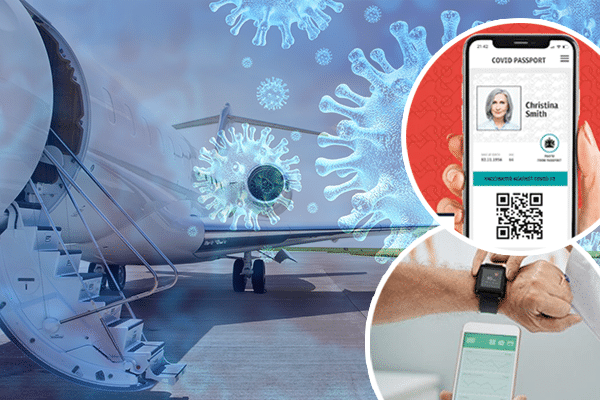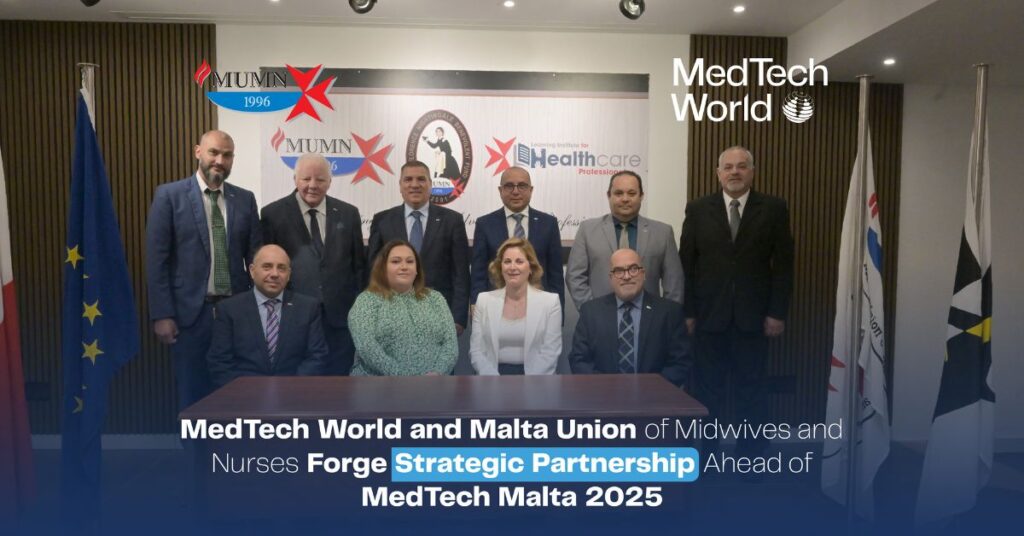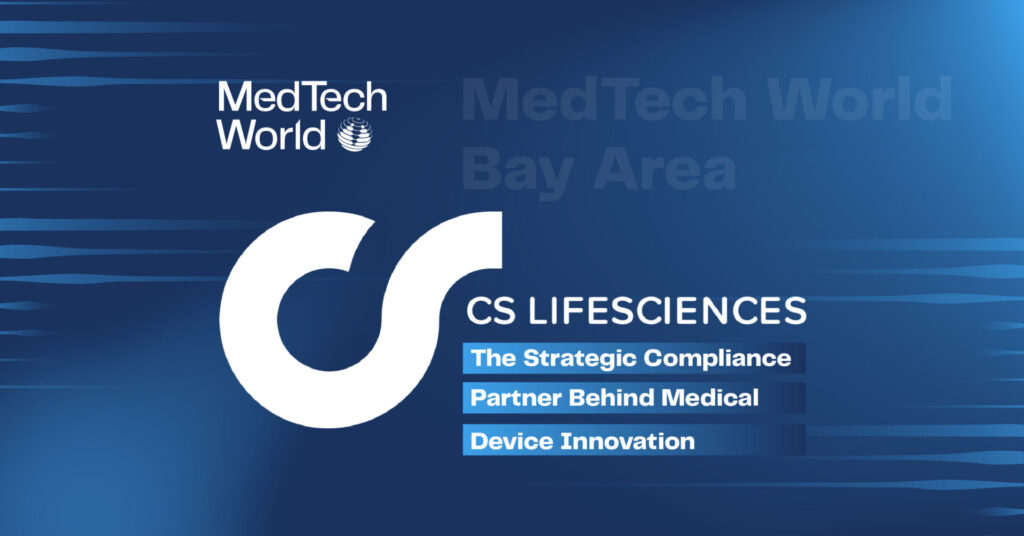
Michael Joe Cini
23rd April 2021
How is Travel Adopting Med-Tech?
Despite scrutiny, the travel industry embarks on a Med-Tech makeover as a result of COVID-19
COVID passports, digital passes, and wearable devices that predict the onset of Covid-19 symptoms in advance are just some of the Med-Tech approaches adopted by the transportation industry in bid to adjust to a world with COVID-19. However, will the technology withstand the ethical concerns highlighted by the masses?
Digital health passes
Arguably, digital health passes have gone mainstream as a result of the COVID-19 pandemic with major carriers such as British Airways and Virgin Atlantic offering their own alternatives. At time of writing, the most popular offering amongst carriers is the IATA Travel Pass which currently represent 290 airlines, equating to 82% of global air traffic.
Med-Tech World had previously reported that Virgin Atlantic embarked on digital health pass trials on flights from the UK to the US and Barbados in hopes to make traveling as safe and efficient as possible during the COVID-19 pandemic.
According to Globetrender, Lisa Cummins, Barbados’ minister of tourism and international transport, commented:
Safe travel is integral to Barbados’s full return to tourism, and we welcome this progressive step which complements our already implemented public health protocols and programmes.
The IATA Travel Pass lends an extra element of safety to both our visitors and Barbadians, giving them the confidence that we are engaging in and promoting travel that protects us all. As we look ahead to the next few months, our intention is to create a new-look tourism industry that holistically reflects the new public health imperatives.
Wearable COVID-19 detection devices
More recently, New Zealand, notorious for its swift reaction to the COVID-19 pandemic, has started trailing ëlarm, a platform developed by artificial intelligence (AI) company Datamine, designed to detect symptoms of COVID-19 as early as three days before the user develops noticeable symptoms. The AI-backed platform is linked to wearable devices like smart watches and measures factors such as temperature, oxygen saturation and heart rate. According to Datamine, the platform boasts a 90% accuracy rate.
New Zealand Ministry of Health Deputy Director Shayne Hunter shared in a statement:
If the ëlarm app lives up to its potential, it might provide early notification to our critical border workforce if they’re becoming unwell. That means they can take appropriate action such as self-isolating and being tested for Covid-19.
Furthermore, various studies have clinically proven the accuracy of wearable devices in COVID-19 detection. For example, Empatica won a CE mark for its Aura wearable artificial intelligence (AI) system that detects respiratory infections like COVID-19 early. According to studies, the system correctly identified 94% of participants who were at risk of infection within two days on average.
Nonetheless, there are concerns over patient data privacy if wearable devices were to be employed, they would need to be anonymous and have the user’s consent.
COVID-19 Passports
COVID-19 passports provide official proof of vaccination for people abroad or in their home country in bid to mitigate the risk of contracting and spreading the virus. COVID-19 passport adoption is considered a leading solution for governments world wide to overcome the travel block. For instance, Germany has digitalised this approach through their Corona-Warn-App is set to expand with new features including a ‘vaccine passport’ to streamline check-in functions for events. Similarly, Denmark plans to incorporate a QR-code-based vaccine proof into their pre-existing national digital database for citizens.
However, not all citizens and government officials are onboard with COVID-19 passports as they contend this could be a breach of rights and privacy. In addition, the approach could accentuate “vaccine inequality” as those who who aren’t vaccinated would be marginalised.
Med-Tech World: 18th-19th November
The Med-Tech World conference, which follows a successful digital event in 2020, will run from 18th-19th November 2021 and will highlight innovations and developments in digital health across the globe. With so many countries realising the potential for exponential growth, Med-Tech World will address the opportunities and challenges driving this multi-million forum – embracing the potential for technological innovation to change the face of medicine in this global sector. Register your interest here!
you might also like
view all




